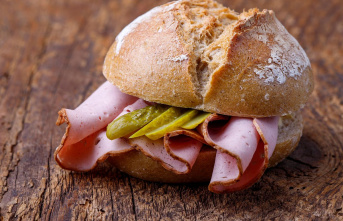Not criminally responsible for self-induced intoxication akin to automatism may be used as a defense by defendants of violent crimes, the Supreme Court of Canada has ruled.
Section 33.1 of the Criminal Code, which came into force in 1995, prevents an accused from relying on voluntary intoxication akin to automatism as a plea of not criminally responsible. However, in a judgment made public on Friday, the highest court in the country invalidated this section of the Criminal Code declaring that it goes against the Constitution.
“Since art. 33.1 permits a court to convict an accused without proof of the [guilty mind] required by the Constitution, it violates s. 7 of the Charter. Section 33.1 also provides that the accused is criminally responsible for his involuntary conduct,” the decision reads.
Thus, this provision of the law makes one guilty of a violent crime by the simple fact of having chosen to consume a substance, whether it is legal or not. However, in the case of intoxication resembling automatism, the accused completely loses control of his means and actions and cannot be held responsible for them.
“The automatism defense denies the voluntariness of the act and therefore excludes [the guilty act] from the offence, said Judge Nicholas Kasirer. The involuntary act is considered to be truly exculpatory because, even if the prohibited act was prejudicial, the accused lacks the capacity to answer for his acts. The involuntary act, however wrongful it may appear, is not a culpable act which can be imputed to the accused”.
The latter made a point of recalling that not all types of voluntary intoxication can prove not criminally responsible. "Only the highest degree of intoxication — that which renders the individual incapable of self-control — is at issue here: extreme intoxication akin to automatism as a defense to the charges of violent crimes of general intent and, let us remember, only if this intoxication is voluntary”, he specified.
This decision thus overturns the decision taken by the Alberta Court of Appeal, which validated section 33 of the Criminal Code.
1












